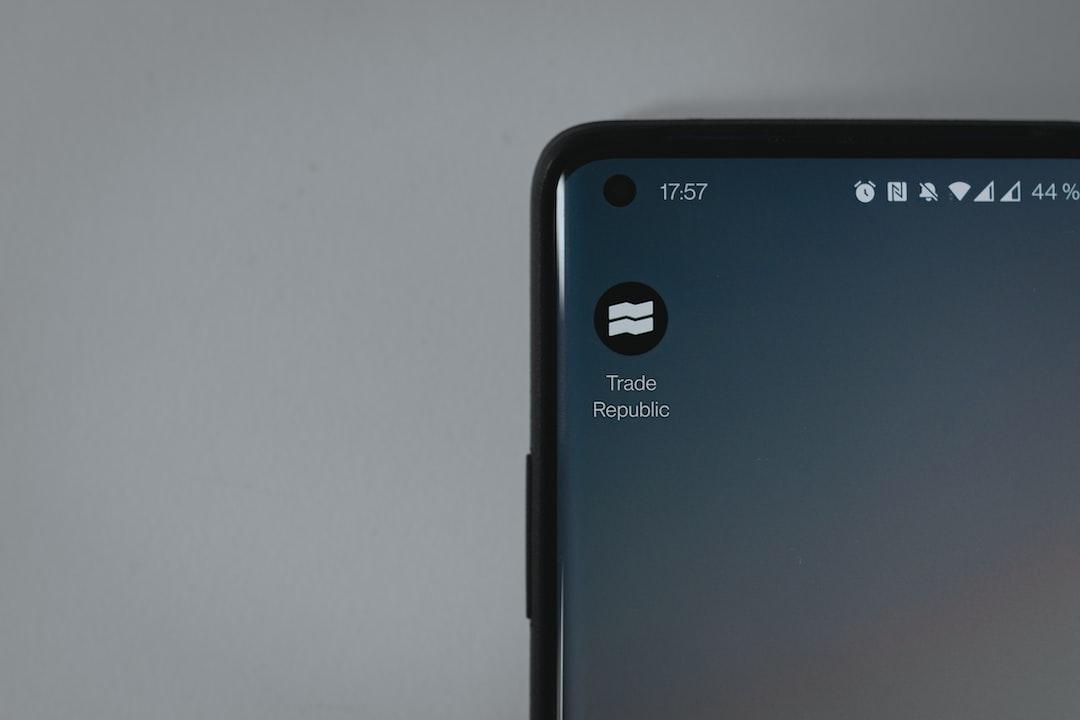Solana ETF Could Be Next, But Approval Could Take Years According to Bloomberg Analyst
The recent green light for spot Bitcoin exchange-traded funds (ETFs) and the nod for spot Ethereum ETFs have paved the way for altcoin ETFs in the United States. The success of spot Bitcoin ETFs, for instance, saw a hefty $1.8 billion inflow in the U.S. last week, showcasing the progress in digital asset exchange-traded funds.
Experts are now eyeing the approval of an altcoin ETF in the U.S., with predictions pointing towards Solana (SOL) as a potential candidate. However, Bloomberg Research ETF Analyst James Seyffart warned that the road to another digital asset ETF in the U.S. is long. The Securities and Exchange Commission (SEC) is currently labeling SOL as a security, adding further hurdles to the approval process.
Seyffart emphasized that an altcoin ETF approval could take years due to the stringent requirements set by the SEC. He highlighted the need for clarity on whether an asset is a commodity or security, along with a regulated market that can be monitored effectively. Currently, the Chicago Mercantile Exchange (CME) futures market, overseen by the Commodity Futures Trading Commission (CFTC), regulates Bitcoin (BTC) and Ethereum (ETH) in the U.S.
Despite the absence of a federally regulated market for other digital assets, Seyffart suggested that an open and cooperative approach from authorities could expedite the process. Michael Repetny from Marinade also noted the necessity for a future ETF on the CME before a spot ETF for Solana is greenlit.
While a futures-based Solana ETF is not yet available in the U.S., alternative products like Grayscale Solana Trust (GSOL) and VanEck Solana offer investment options for interested parties. The approval of an altcoin ETF in the U.S. could be influenced by the 2024 Presidential Election, with a pro-crypto administration potentially expediting the process.
Political dynamics, regulatory concerns, and liquidity challenges remain key factors in the approval of altcoin ETFs. Low liquidity in altcoins poses risks of market manipulation and price volatility, making approval for fringe altcoins uncertain in the near term. Solana’s liquidity and user base position it as a potential candidate, despite concerns over centralization.
Efforts to enhance decentralization and technological capabilities could bolster Solana’s chances of securing approval for an altcoin ETF. While uncertainties linger, industry experts like Seyffart foresee a lengthy process ahead before an altcoin ETF becomes a reality in the U.S.


